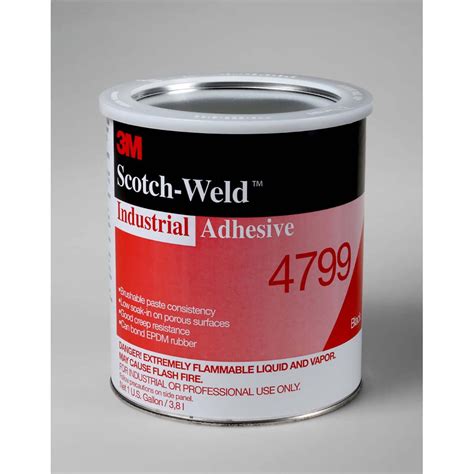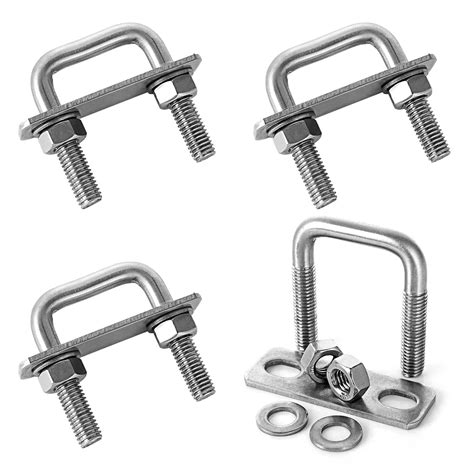Industrial glue, also known as industrial adhesive, plays a crucial role in various industries, including manufacturing, construction, and packaging. The use of industrial glue has become increasingly widespread due to its ability to bond a wide range of materials, including metals, plastics, and wood. In this article, we will delve into the world of industrial glue, exploring its types, applications, and benefits, as well as the latest trends and innovations in the field.
Key Points
- Industrial glue is a type of adhesive used in various industries, including manufacturing, construction, and packaging.
- There are several types of industrial glue, including epoxy, acrylic, and cyanoacrylate, each with its own unique properties and applications.
- Industrial glue is used in a wide range of applications, including bonding, sealing, and coating.
- The benefits of using industrial glue include increased efficiency, reduced costs, and improved product quality.
- The latest trends and innovations in industrial glue include the development of new types of adhesives, such as nanotechnology-based adhesives, and the increasing use of automation and robotics in adhesive application.
Types of Industrial Glue

There are several types of industrial glue, each with its own unique properties and applications. Some of the most common types of industrial glue include epoxy, acrylic, and cyanoacrylate. Epoxy glue is a two-part adhesive that is known for its high strength and durability, making it ideal for use in heavy-duty applications, such as construction and manufacturing. Acrylic glue, on the other hand, is a single-part adhesive that is known for its flexibility and resistance to heat and chemicals, making it ideal for use in applications, such as packaging and labeling. Cyanoacrylate glue, also known as super glue, is a fast-drying adhesive that is known for its high strength and low viscosity, making it ideal for use in applications, such as bonding plastics and metals.
Properties of Industrial Glue
The properties of industrial glue can vary depending on the type of adhesive and its intended application. Some of the key properties of industrial glue include its strength, flexibility, and resistance to heat and chemicals. The strength of industrial glue is typically measured in terms of its tensile strength, which is the amount of force required to break the bond between the adhesive and the substrate. The flexibility of industrial glue is typically measured in terms of its elongation at break, which is the amount of deformation that the adhesive can withstand before breaking. The resistance of industrial glue to heat and chemicals is typically measured in terms of its thermal stability and chemical resistance, which are critical factors in many industrial applications.
| Type of Glue | Tensile Strength | Elongation at Break | Thermal Stability |
|---|---|---|---|
| Epoxy | 5,000-10,000 psi | 2-5% | 200-300°F |
| Acrylic | 1,000-5,000 psi | 5-10% | 150-250°F |
| Cyanoacrylate | 1,000-3,000 psi | 1-2% | 100-200°F |

Applications of Industrial Glue

Industrial glue is used in a wide range of applications, including bonding, sealing, and coating. Some of the most common applications of industrial glue include:
- Bonding: Industrial glue is used to bond a wide range of materials, including metals, plastics, and wood. The bonding process involves applying the adhesive to the substrate and allowing it to cure, either at room temperature or under heat.
- Sealing: Industrial glue is used to seal gaps and joints in a wide range of applications, including construction, packaging, and manufacturing. The sealing process involves applying the adhesive to the gap or joint and allowing it to cure, either at room temperature or under heat.
- Coating: Industrial glue is used to coat a wide range of materials, including metals, plastics, and wood. The coating process involves applying the adhesive to the substrate and allowing it to cure, either at room temperature or under heat.
Benefits of Industrial Glue
The benefits of using industrial glue include increased efficiency, reduced costs, and improved product quality. Industrial glue can increase efficiency by reducing the time and labor required to complete a task. For example, industrial glue can be used to bond materials quickly and easily, eliminating the need for mechanical fasteners. Industrial glue can also reduce costs by eliminating the need for expensive mechanical fasteners and reducing the amount of material required to complete a task. Finally, industrial glue can improve product quality by providing a strong and durable bond that can withstand a wide range of environmental conditions.
What is the difference between epoxy and acrylic glue?
+Epoxy glue is a two-part adhesive that is known for its high strength and durability, making it ideal for use in heavy-duty applications. Acrylic glue, on the other hand, is a single-part adhesive that is known for its flexibility and resistance to heat and chemicals, making it ideal for use in applications, such as packaging and labeling.
What is the best type of industrial glue for bonding plastics?
+Cyanoacrylate glue, also known as super glue, is a fast-drying adhesive that is known for its high strength and low viscosity, making it ideal for use in applications, such as bonding plastics.
How do I choose the right type of industrial glue for my application?
+The choice of industrial glue depends on the specific application and the properties required. Consider factors, such as the type of material being bonded, the environmental conditions, and the desired level of strength and durability.
In conclusion, industrial glue is a versatile and essential material that is used in a wide range of applications, including bonding, sealing, and coating. With its high strength, flexibility, and resistance to heat and chemicals, industrial glue is an ideal solution for many industrial applications. By understanding the different types of industrial glue and their properties, manufacturers and industries can choose the right adhesive for their specific needs and improve their products and processes.



